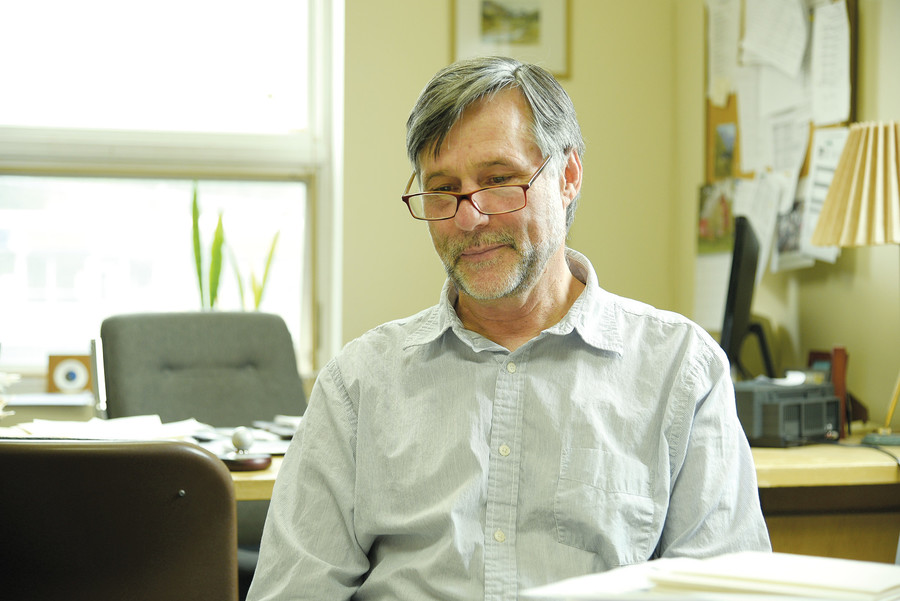Brewster stepping down from RMHA
After 36 years at the Riverdale Mental Health Association (RMHA), Robert Brewster is stepping down.
“There’s no perfect time to make this kind of a transition, but I’m older than I look, as I say to the board, and I think we’re in a good place,” Mr. Brewster said with a smile.
Mr. Brewster firmly believes mental health care is “everybody’s business,” as he puts it, and that good clinical services are a right for everyone.
“We’re all better off when these services are of good quality, well funded and well targeted,” he added.
He has spent the past decade as executive director of his organization, a period that saw RMHA branch out from its Riverdale base.
“We have developed satellite clinics in schools, in senior services centers,” Mr. Brewster said. “We do consulting. We’re trying to take a number of steps to reduce stigma.”
The idea is for mental health professionals to go to clients, not the other way around. That is because mental health is often ignored or not discussed, Mr. Brewster said.
“There might be, for example, an elder person who for whatever reason doesn’t want to come here. The word mental health still is a negative word for many people,” he added. “If they go at their seniors’ program and can see a physician, if they’re worried about cognitive loss or isolation for instance, they can get care right there, where they go everyday, anyway.”
Mr. Brewster was particularly proud of “Parachute NYC.” About four years ago, the state provided funds for one center in each borough as an alternative to sending patients to costly psychiatric wards. Residents are generally limited to a stay of two weeks at the local Parachute NYC site at a three-story brick building run by RMHA beside the Henry Hudson Parkway.
“It helps people to be in a non-institutional alternative to hospitalization,” Mr. Brewster said. “The idea is to provide better care at substantially better costs
Prior to coming to RMHA, Mr. Brewster was a teacher in New Hampshire.
“I realized that if a kid came from a family where there was support and responsiveness to his needs, it didn’t really matter if I was a good teacher or a bad teacher; they would have an okay year because they came from a structure that provided them what they needed,” he said. “The kids that were at risk were going to be much more influenced by what kind of a teacher they had, a responsive one or someone that went by the book no matter what. I really wanted to try to have more influence on people who are really at risk, kids or adults.”
That’s when he decided to study social work. After applying to schools throuhgout the country, he went to Columbia University and joined RMHA one year after graduating.
He started out working with substance abuse patients as well as children and adolescents. He has worked in every other department at RMHA since.
When Mr. Brewster steps down at the end of the year, Donna Demetri Friedman will take over. She has been working for 20 years at RMHA, where she is the current deputy executive director.
Mr. Brewster said RMHA will keep focusing on responsive, evidence-based care, noting that one of the organization’s strengths is its relatively small size.
“We believe that every mind matters. Every single person — young child, teenager, adult or elder person — mental health concerns everybody,” he said. “The more we can talk openly about it and make services readily available, and reduce the stigma, the stronger is the community.”






